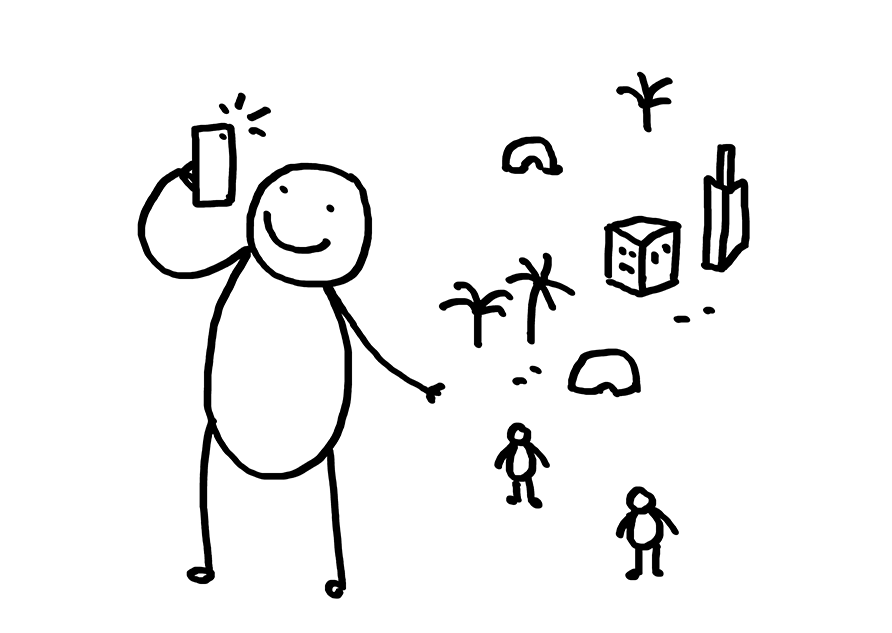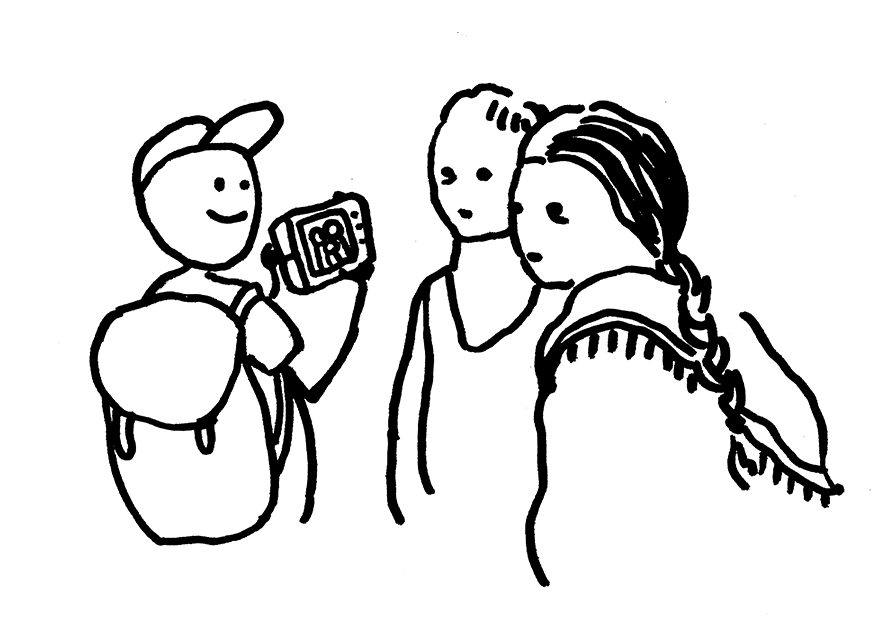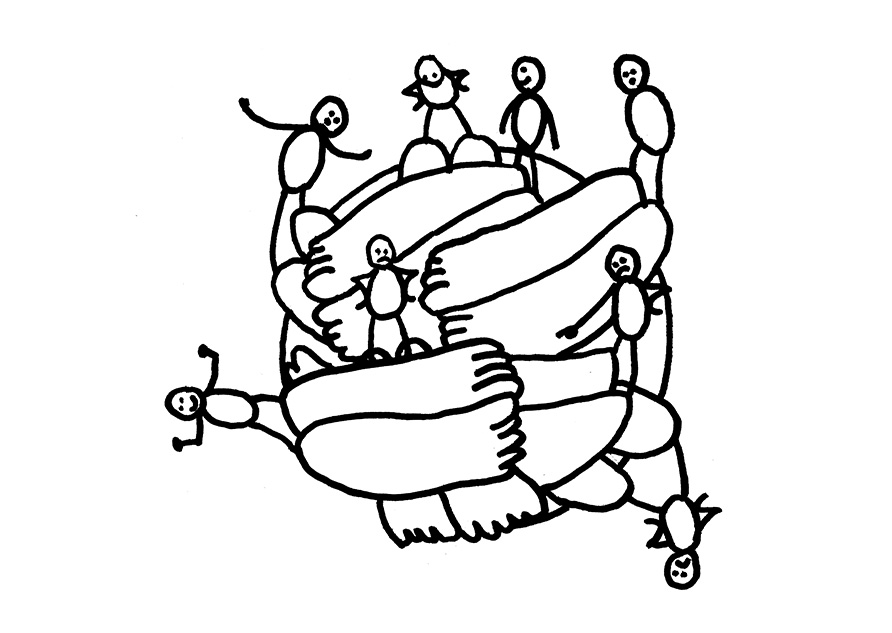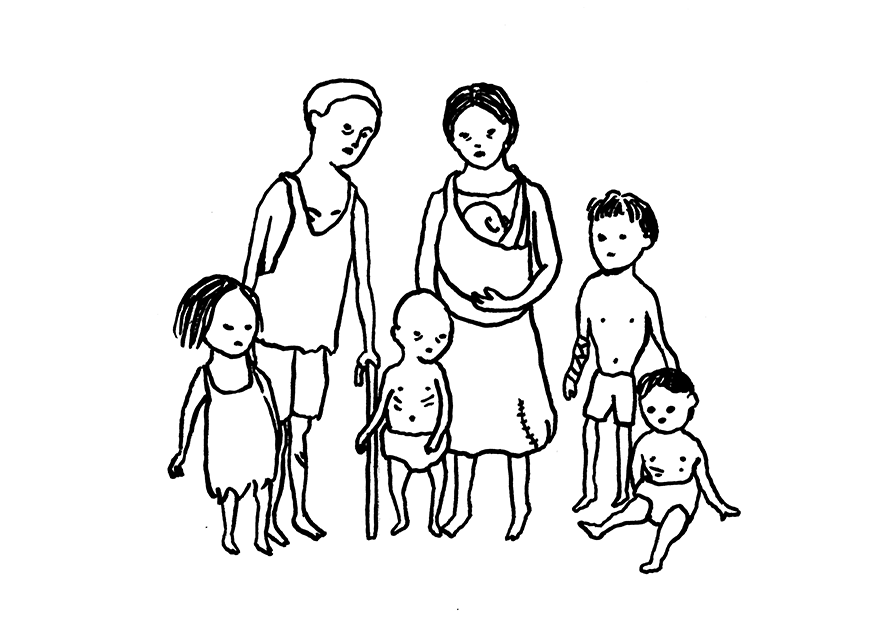WORKSHOPS
- admin
- Jun 28, 2016
Workshops for organisations who would like to prepare
people planning to work abroad in development cooperation
MOTIVATION
Why choose to work abroad?
There are a myriad of different motives which people may have for working abroad in development cooperation. They include wanting to help others, getting to know another culture, seeking adventure or gathering work experience.
> Download (PDF | 0.7 MB)
CHALLENGES
Dealing with difficult situations while abroad
Many people are confronted with similar situations during their work experience abroad: it can happen that the tasks don’t relate to your expectations or that you face problems working together with your team. At the same time situations can come up in day-to-day life where you may not know what to do.
> Download (PDF | 0.7 MB)
REPORTING I
The effect of pictures and text
During holidays a lot of people take pictures and write about their experiences. Pictures and texts convey messages that we are often not aware of. These can either strengthen or weaken stereotypes about developing countries.
> Download (PDF | 0.4 MB)
REPORTING II
During work placements abroad in development cooperation
During work placements abroad in developing countries reports are usually part of the daily routine. Despite good intentions these are often very clichéd and harm the dignity of the persons concerned.
> Download (PDF | 1.1 MB)
HISTORY OF DEVELOPMENT COOPERATION
Origin and strategies
People have always tried to to find a way to survive. However, It is a relatively new phenomenon in human history that rich countries want to fight poverty in other countries.
> Download (PDF | 2.9 MB)
DEVELOPMENT
Who is in need of development?
Who is in need of “development”? Societies in which poverty prevails? Societies that endanger the planet with their wasteful way of life? Or both?
> Download (PDF | 0.6 MB)
MEASURING DEVELOPMENT
How is a country’s development evaluated?
How is “development“ measured? Economic factors such as gross national income are used as standard indicators for the degree of development of a country.
> Download (PDF | 0.6 MB)
MEASURING POVERTY
Extreme and multidimensional poverty
Today still 9.6% of the world population live in extreme poverty. This means that they can no longer afford the necessary nourishment and the vital requisites of everyday life. The UN has set the goal to eradicate poverty and hunger worldwide by 2030.
> Download (PDF | 0.7 MB)







